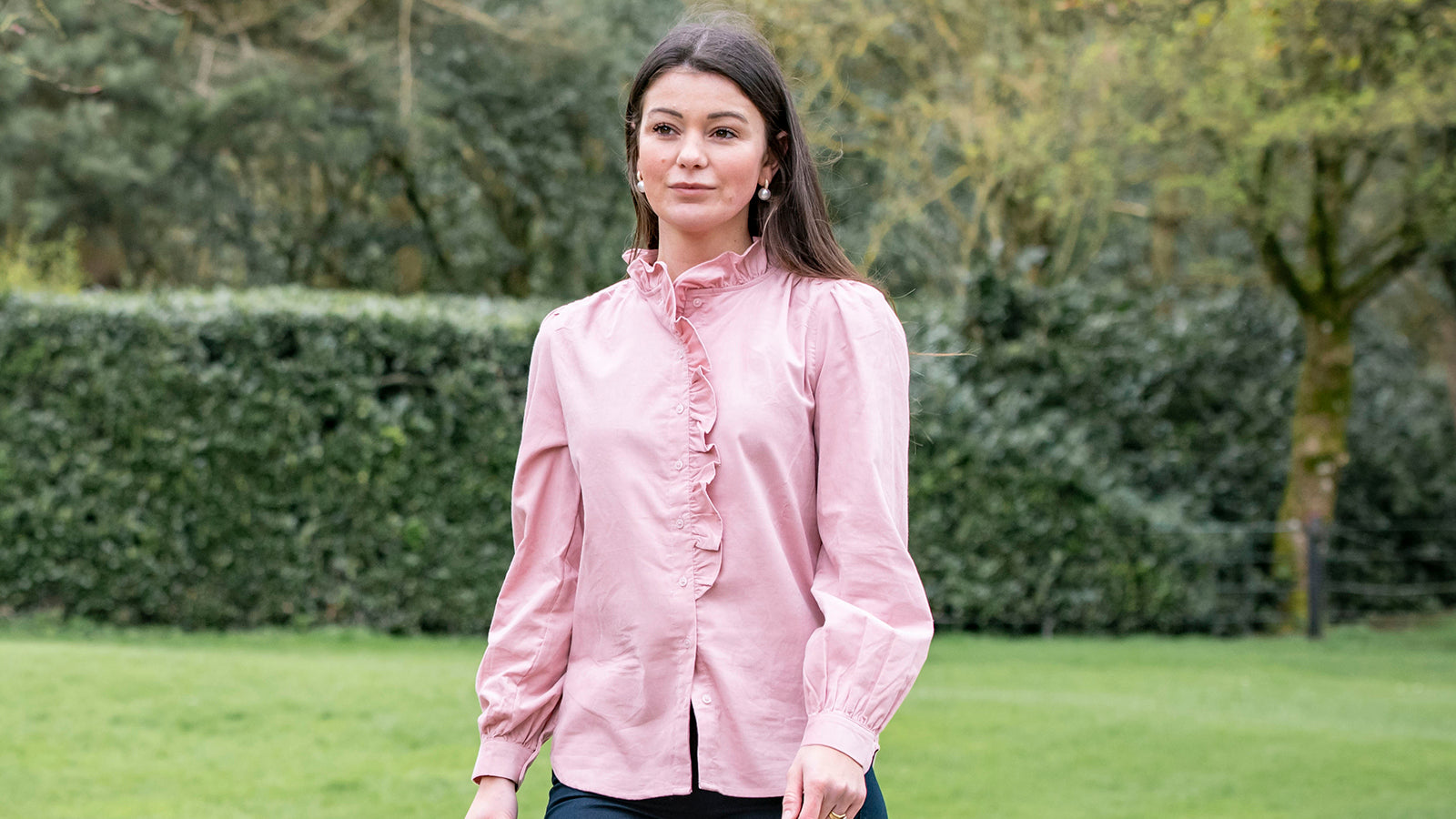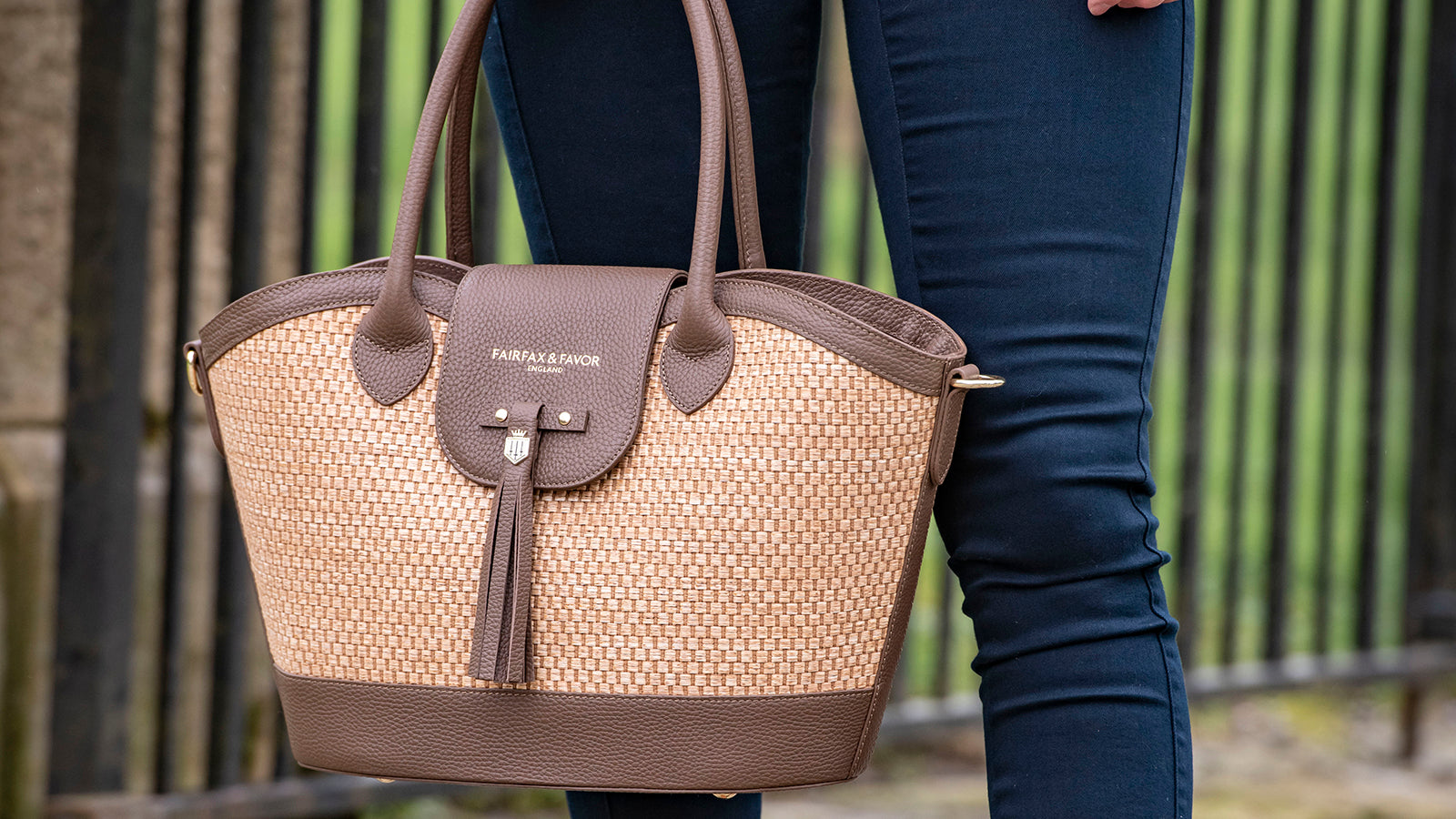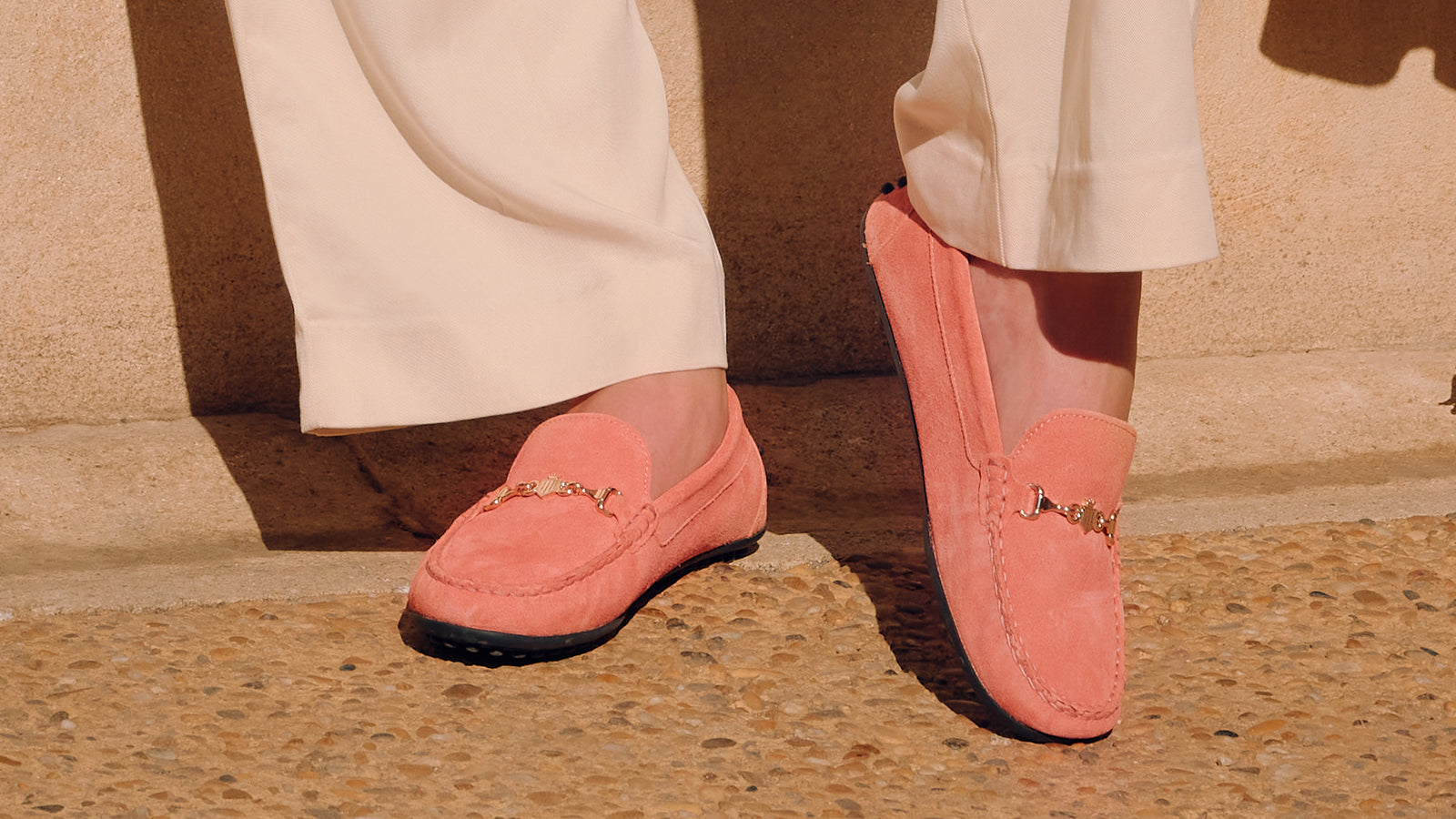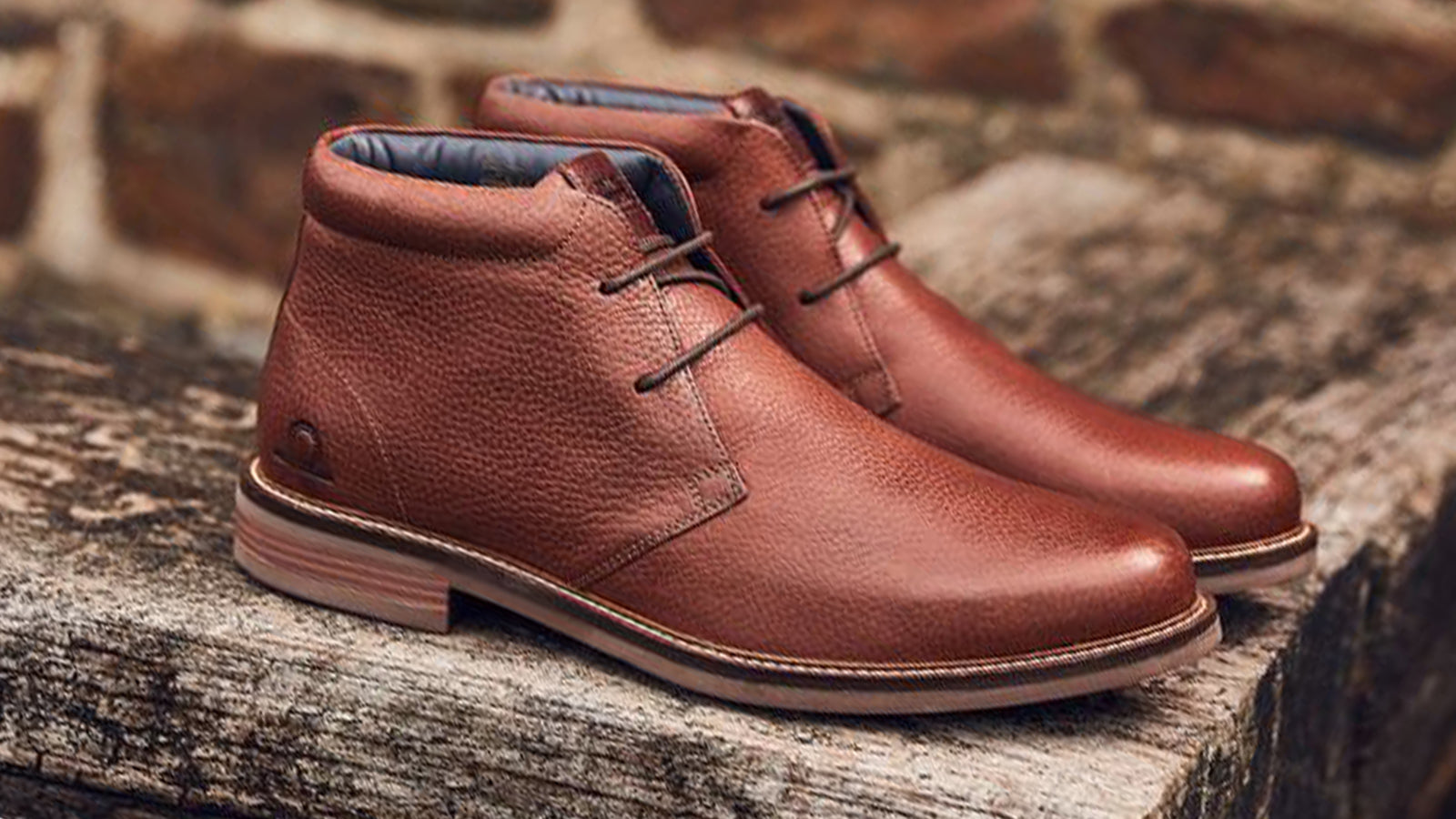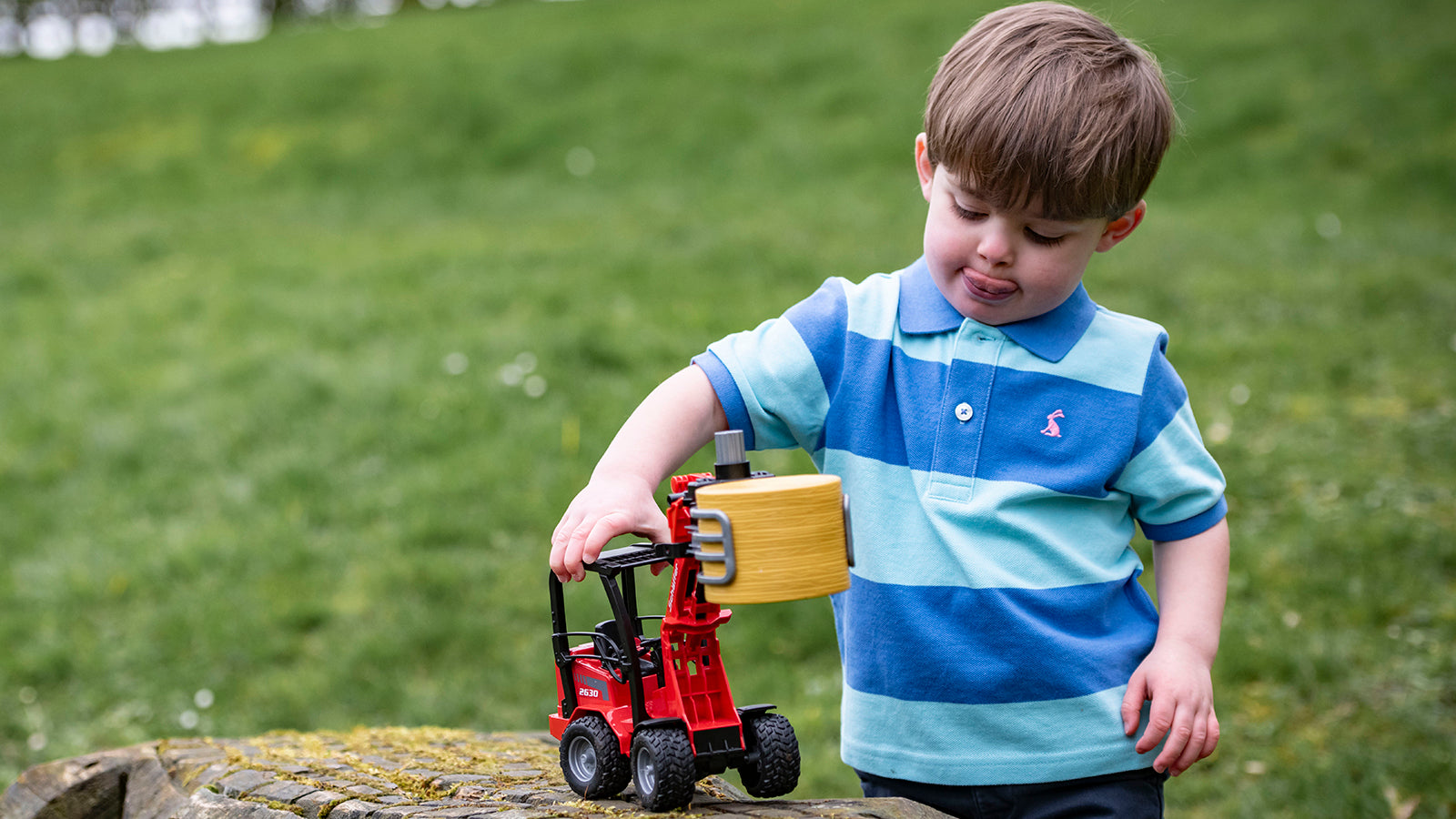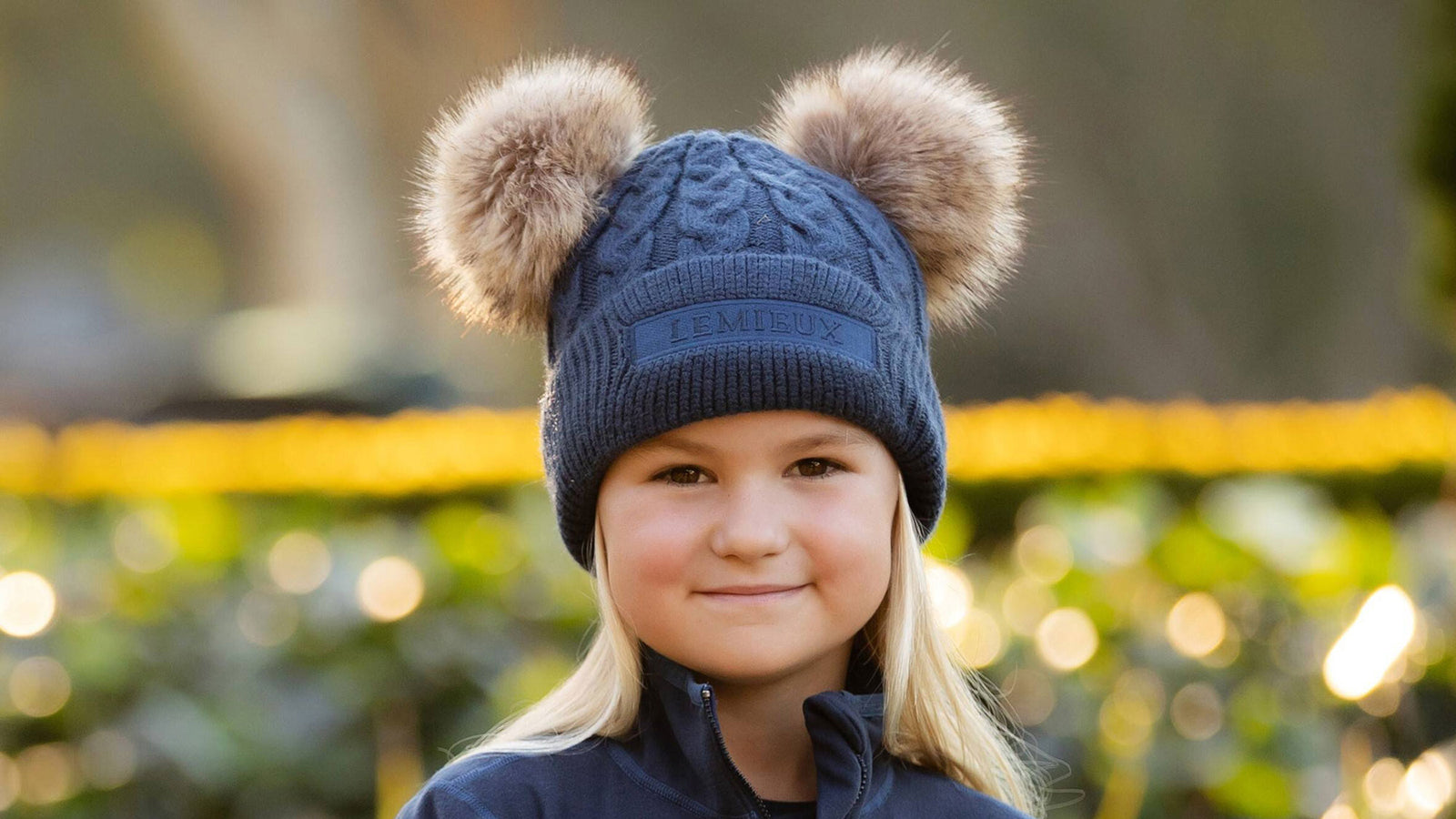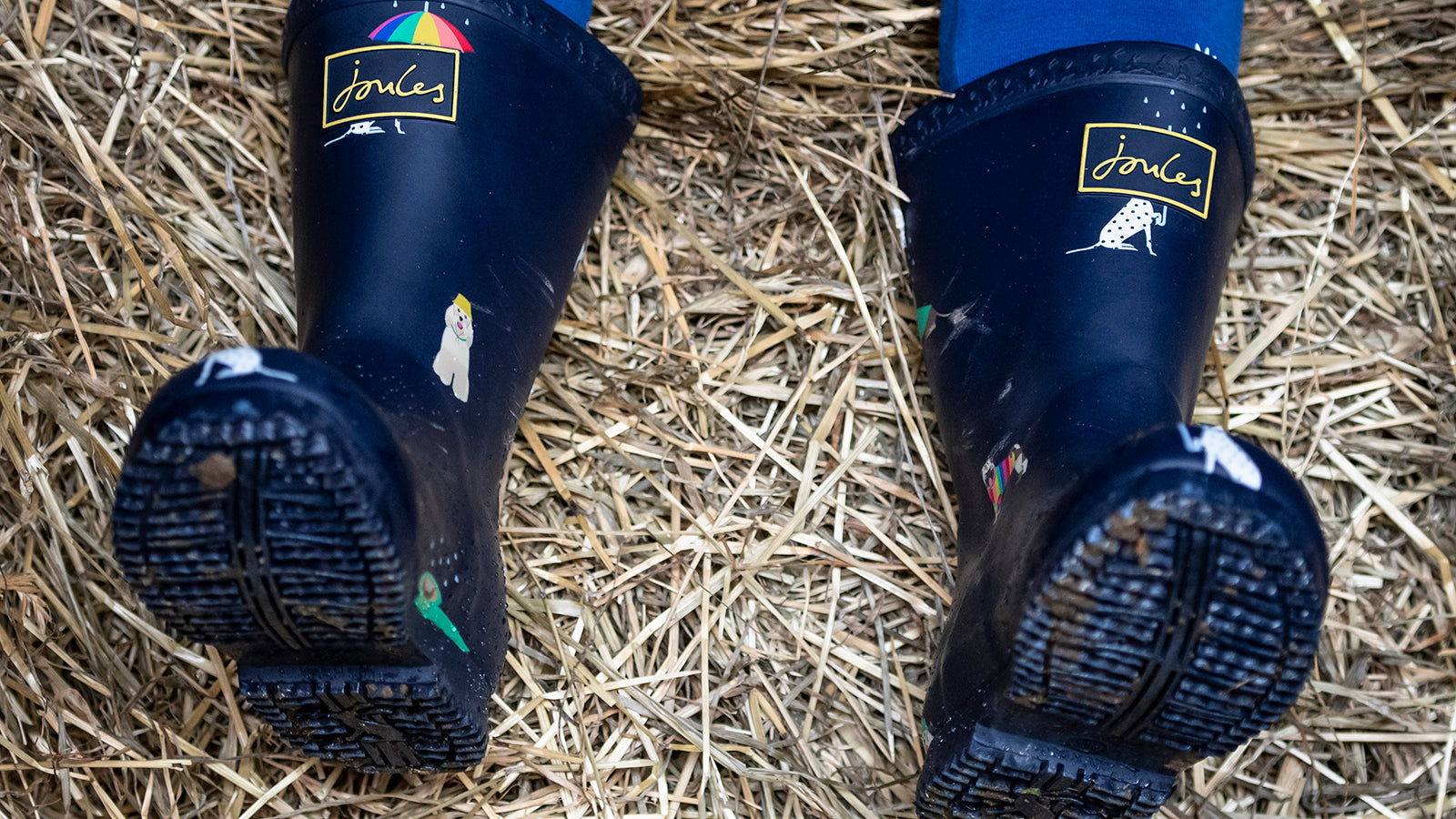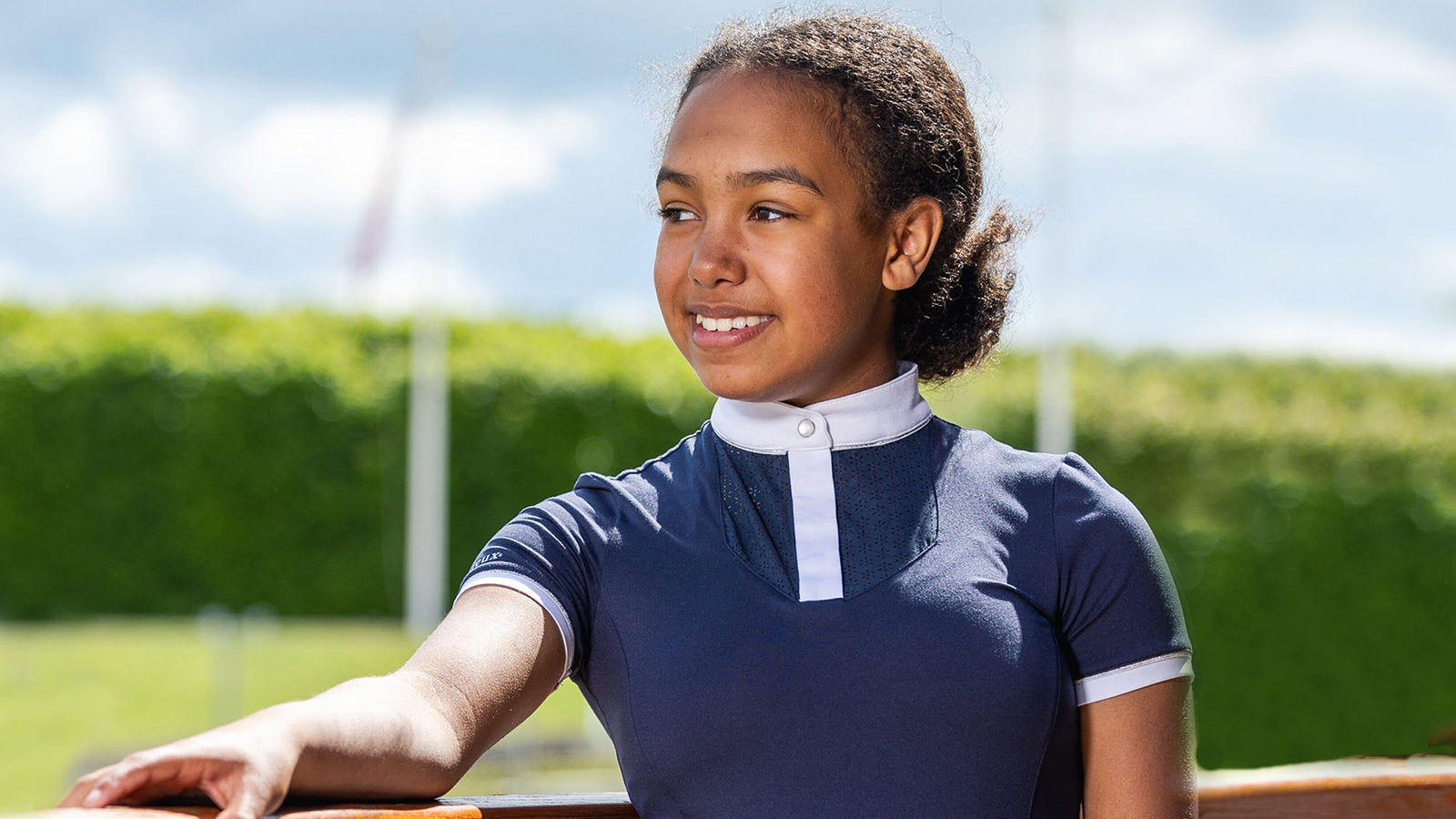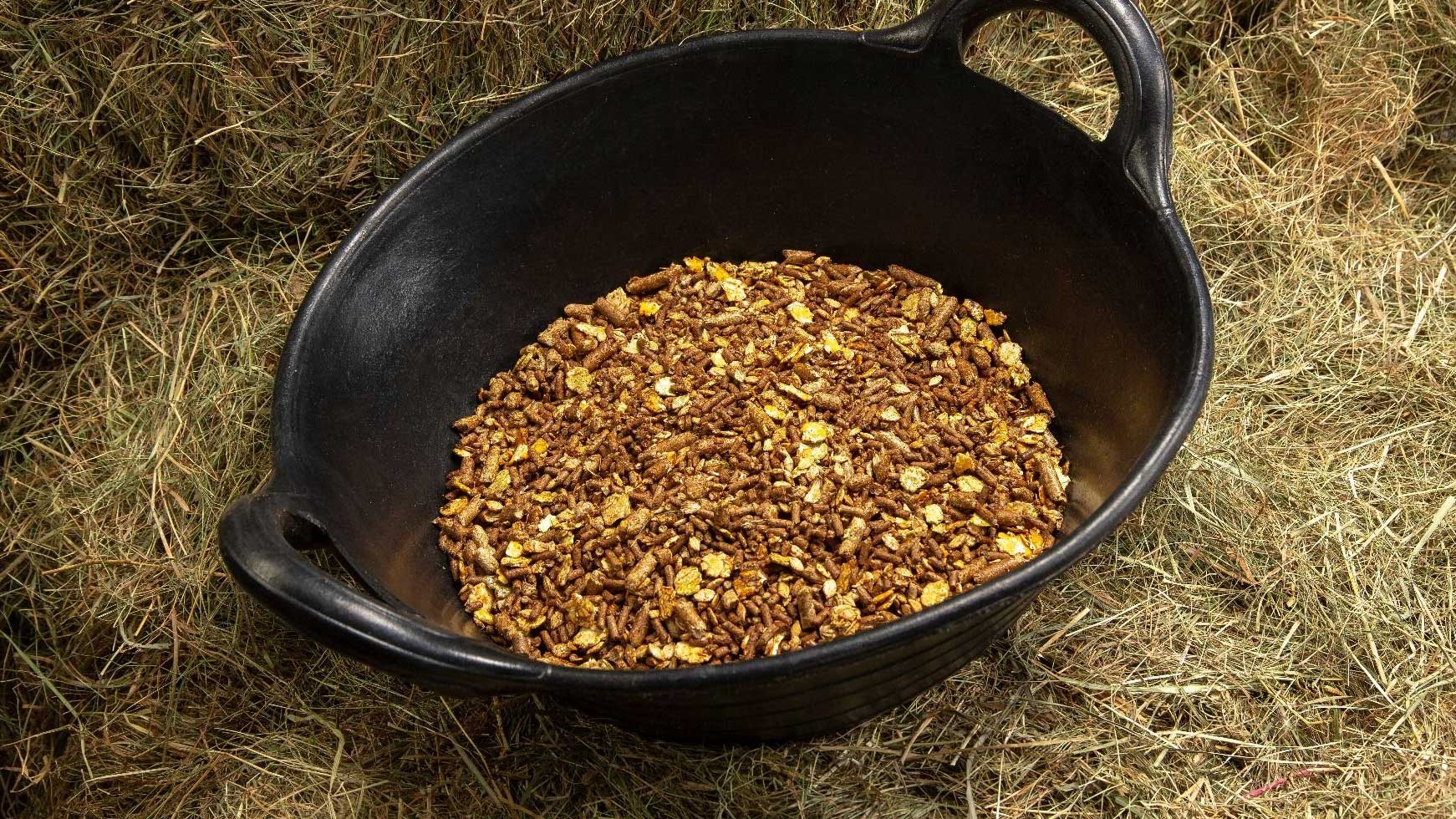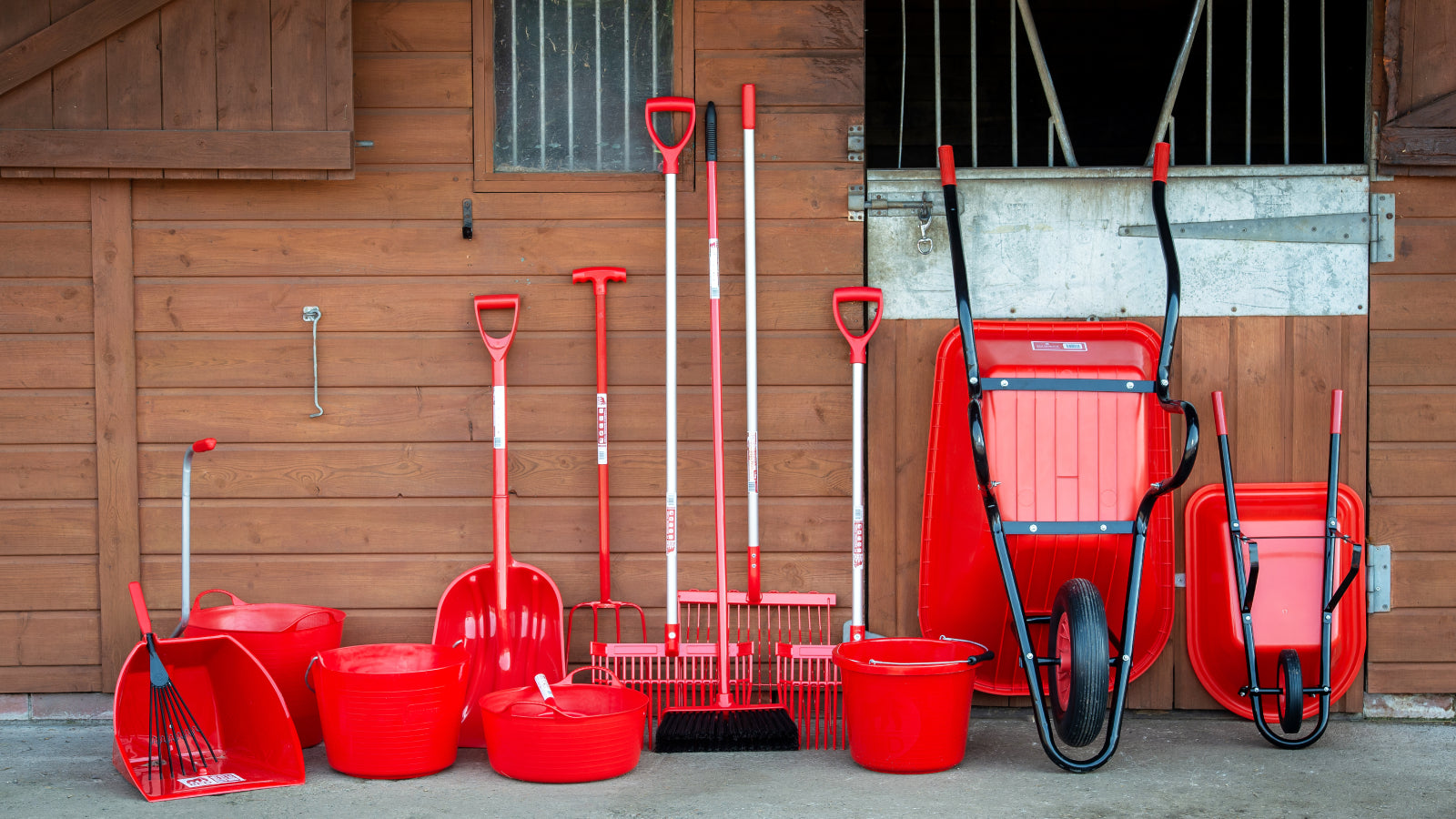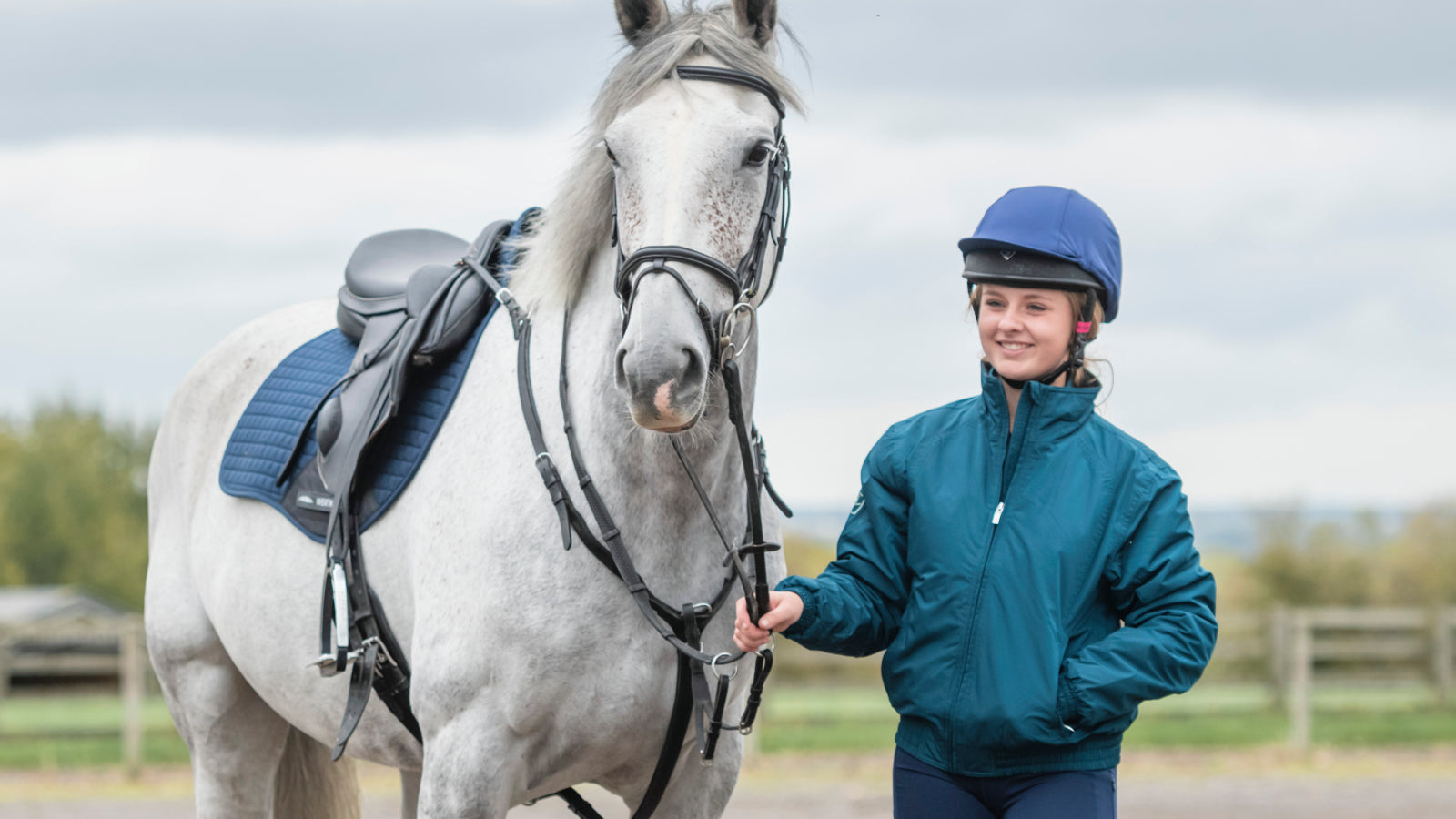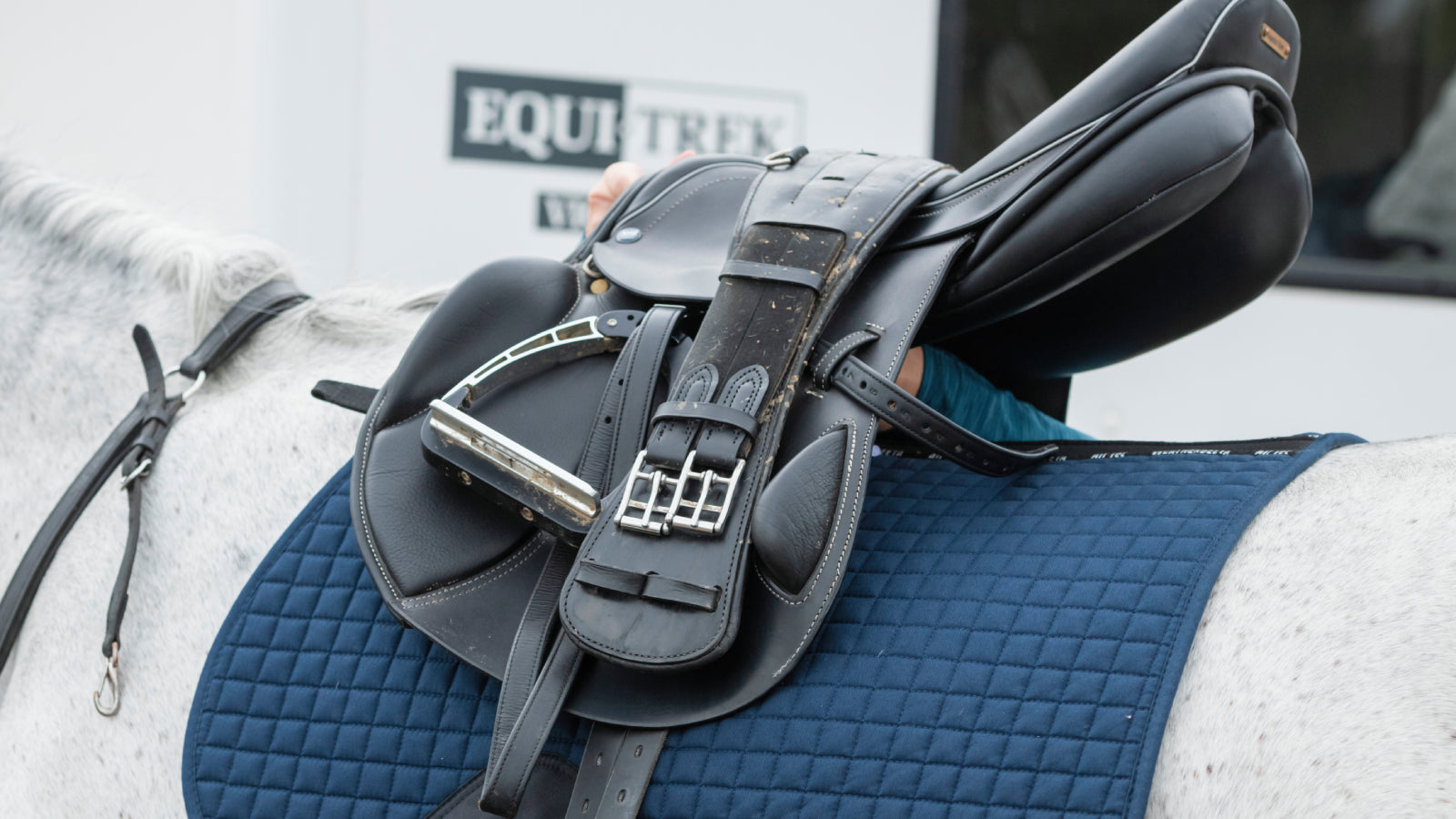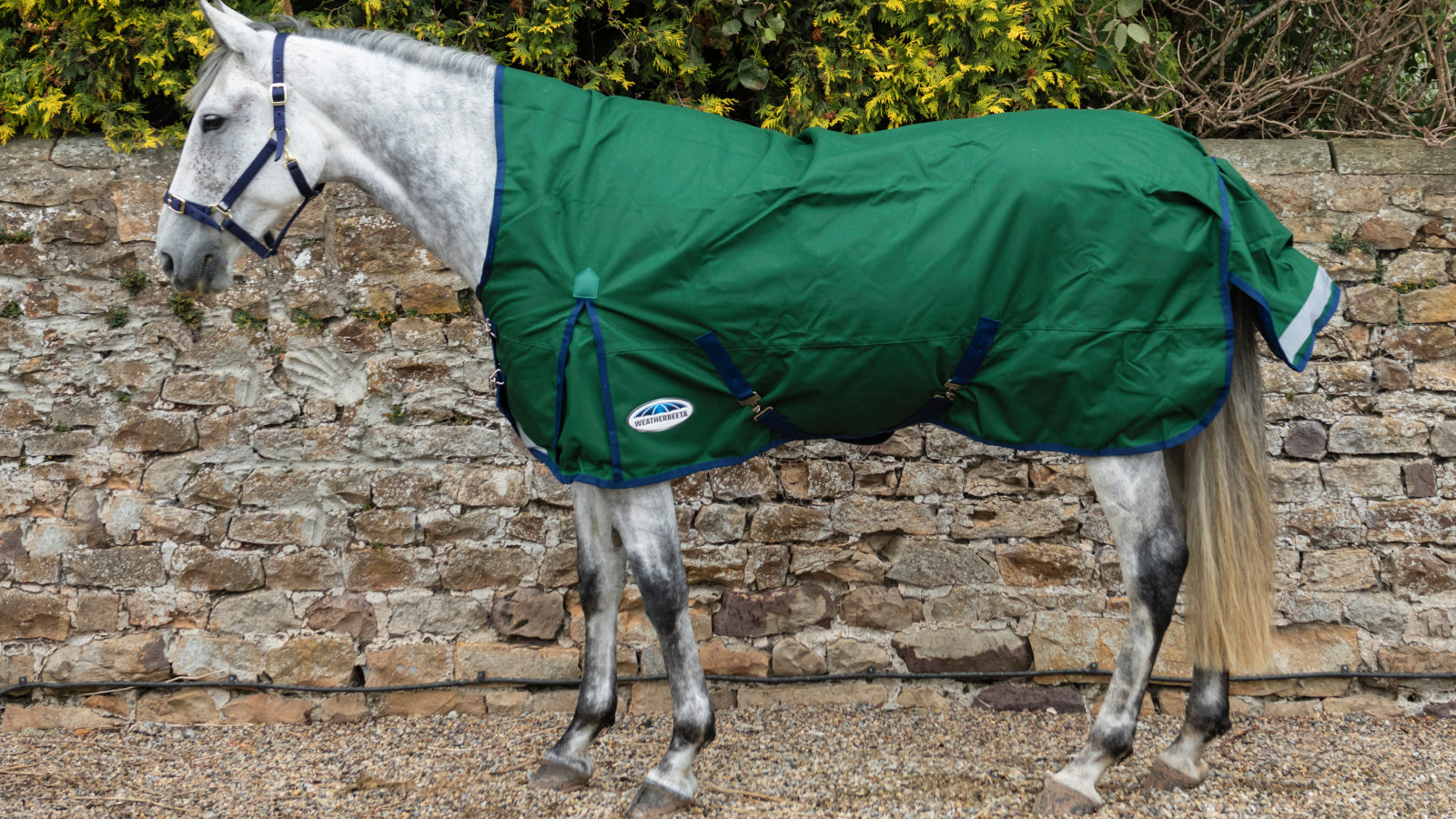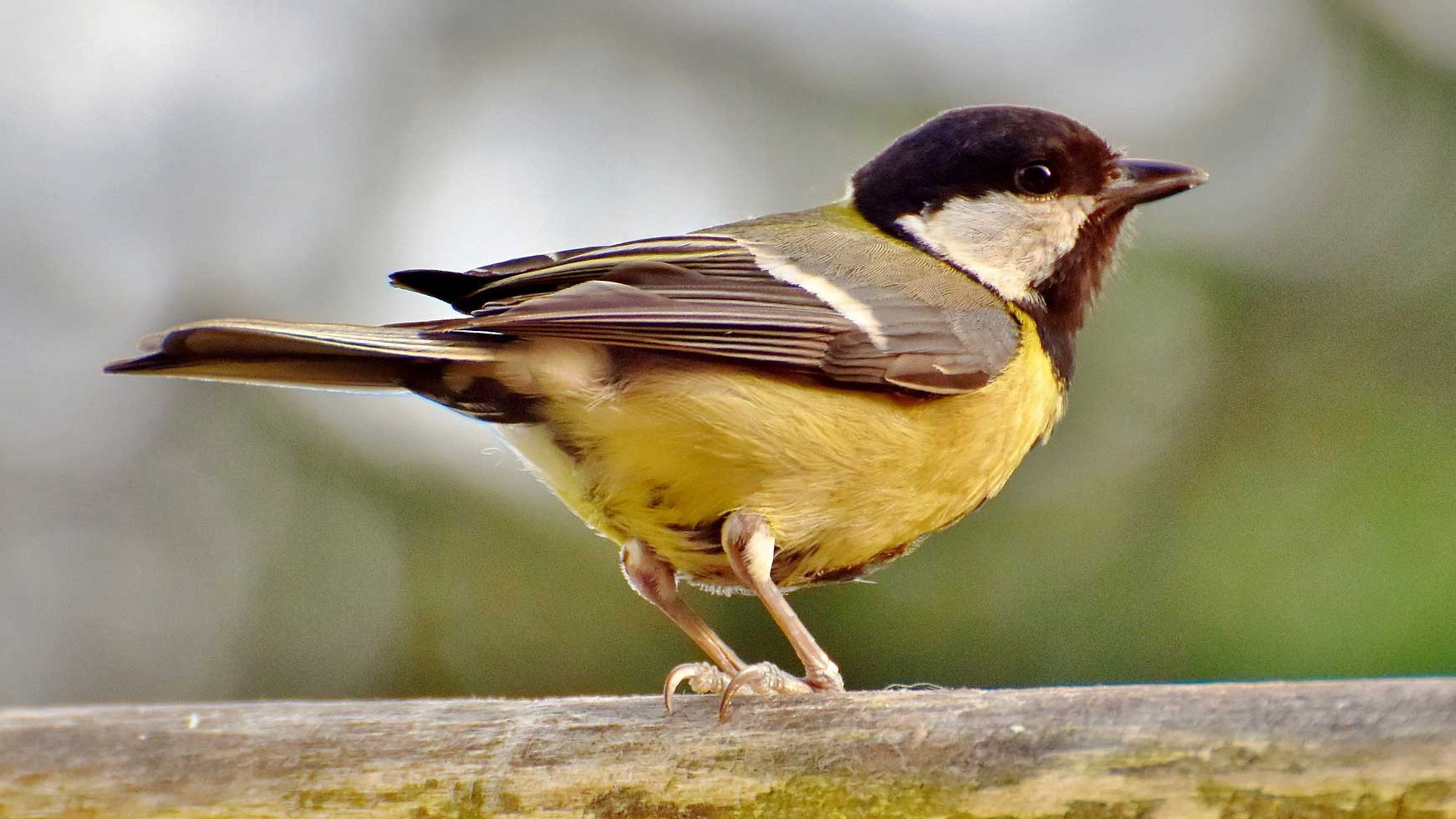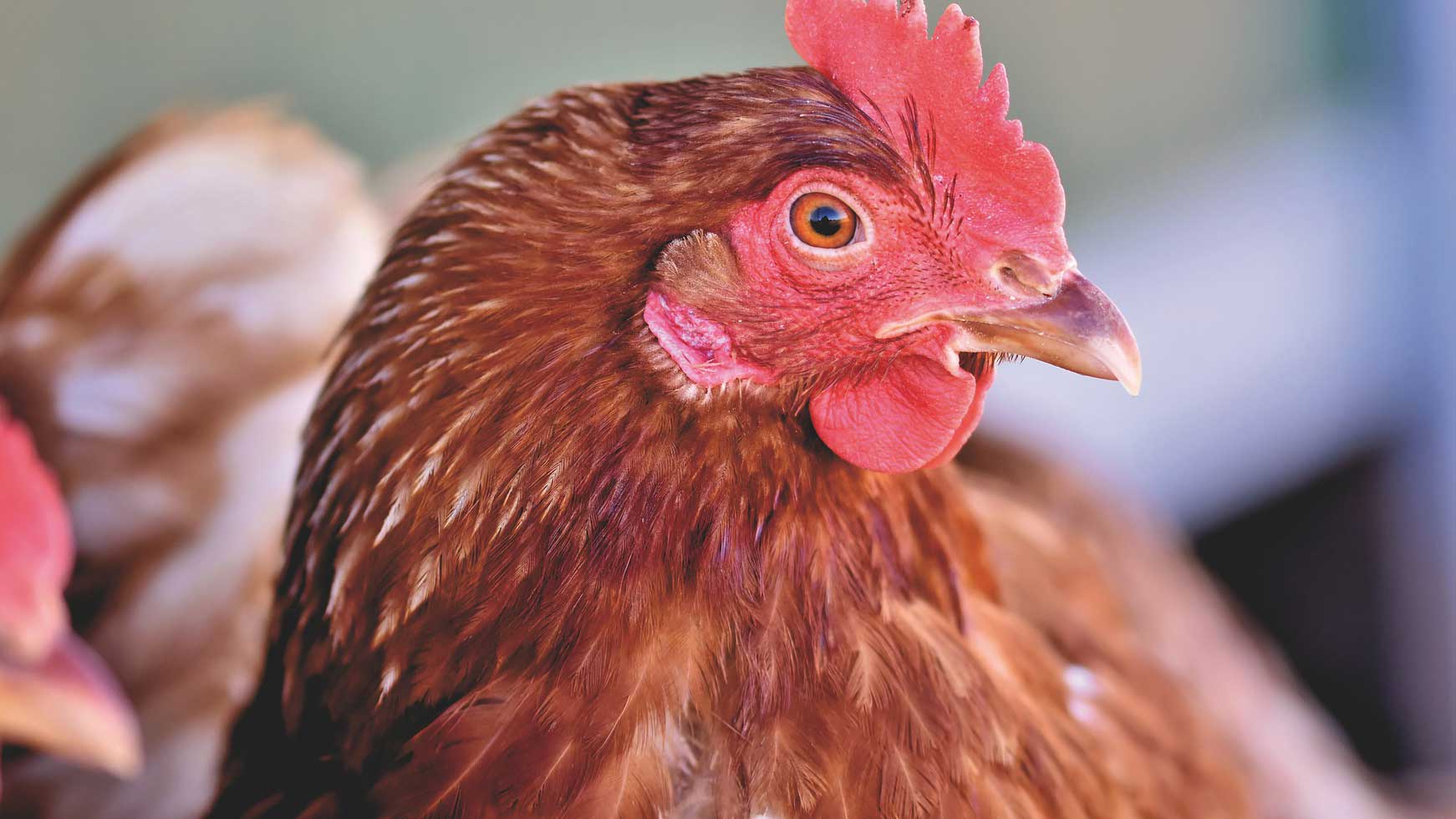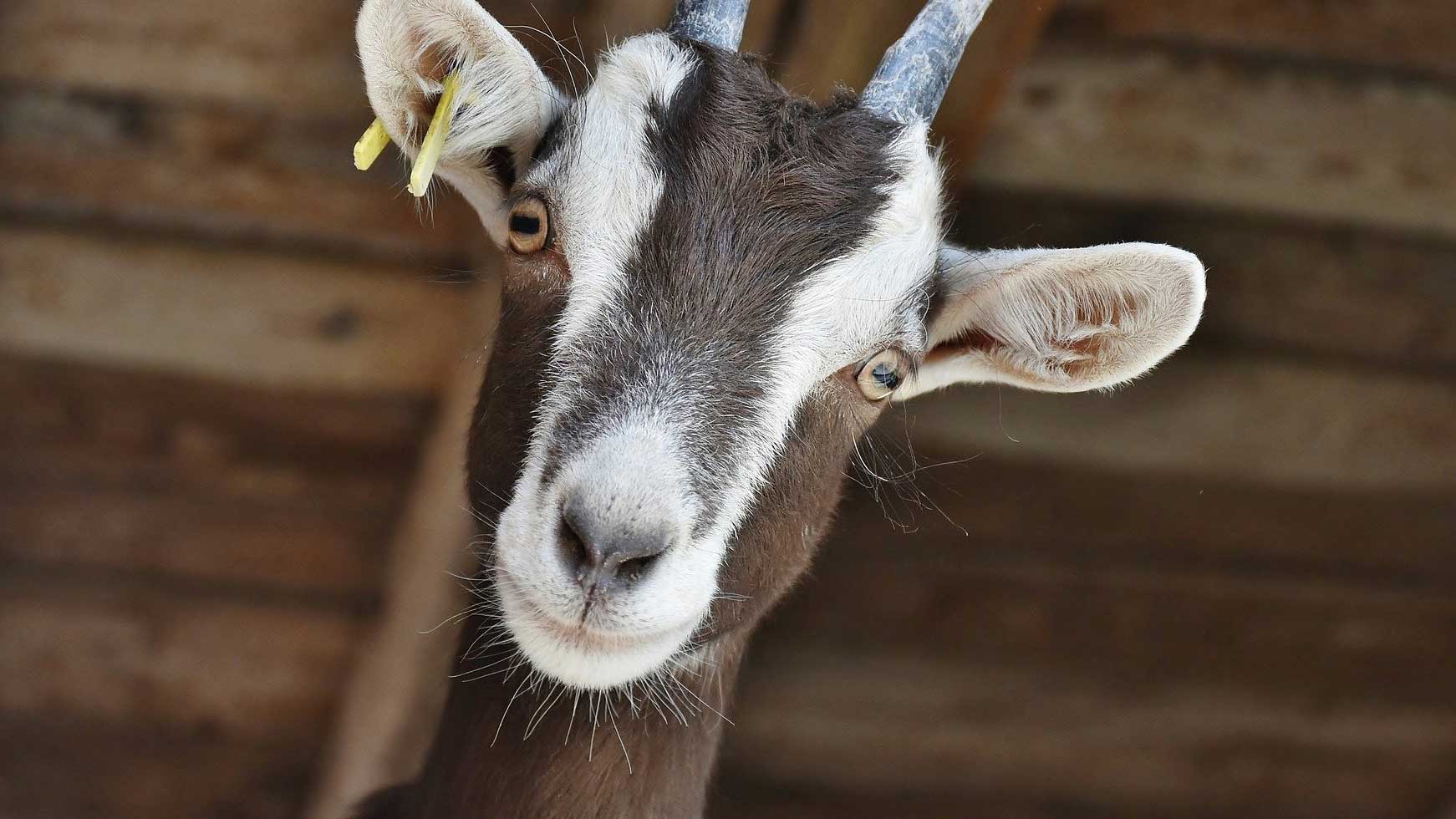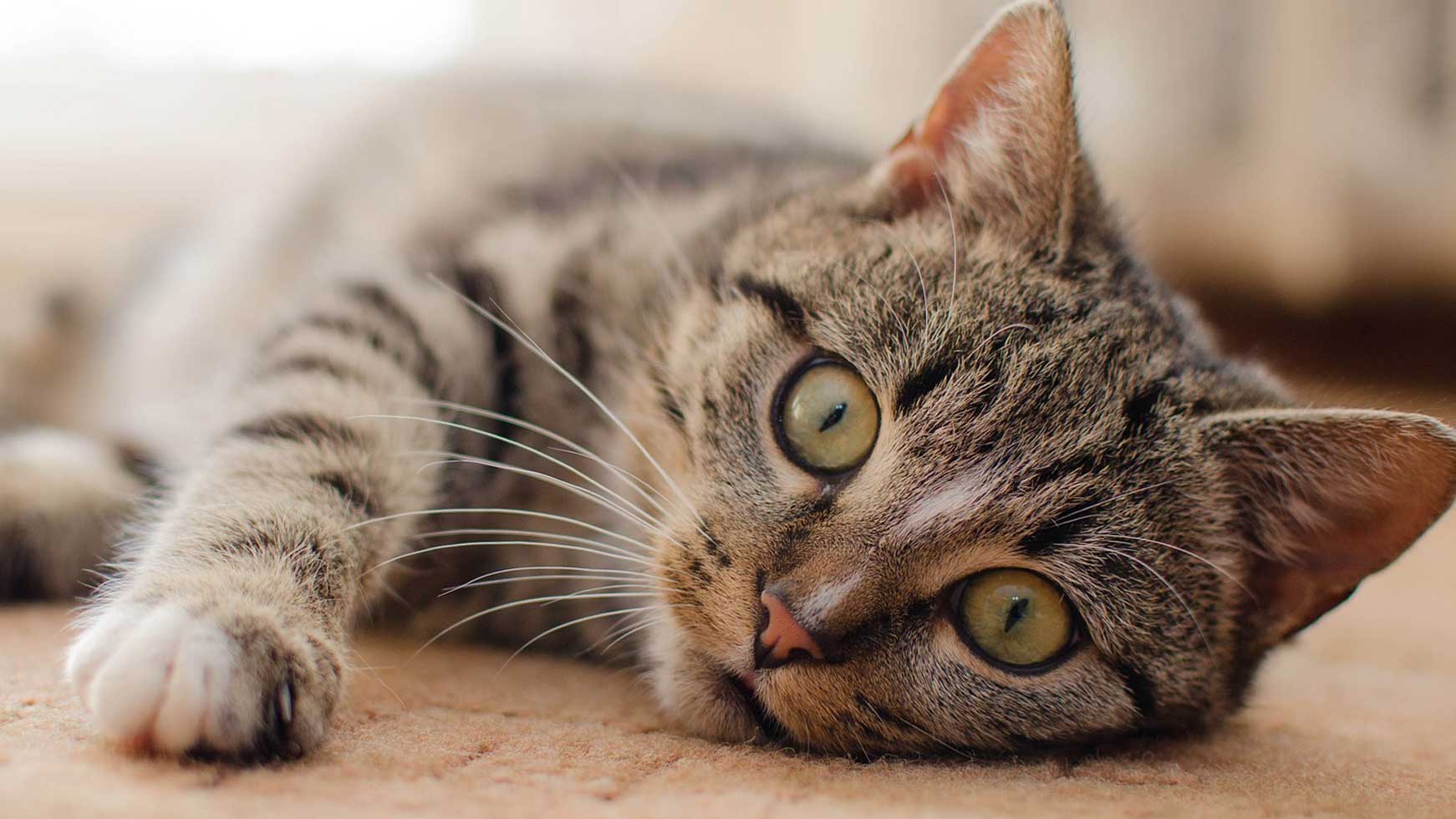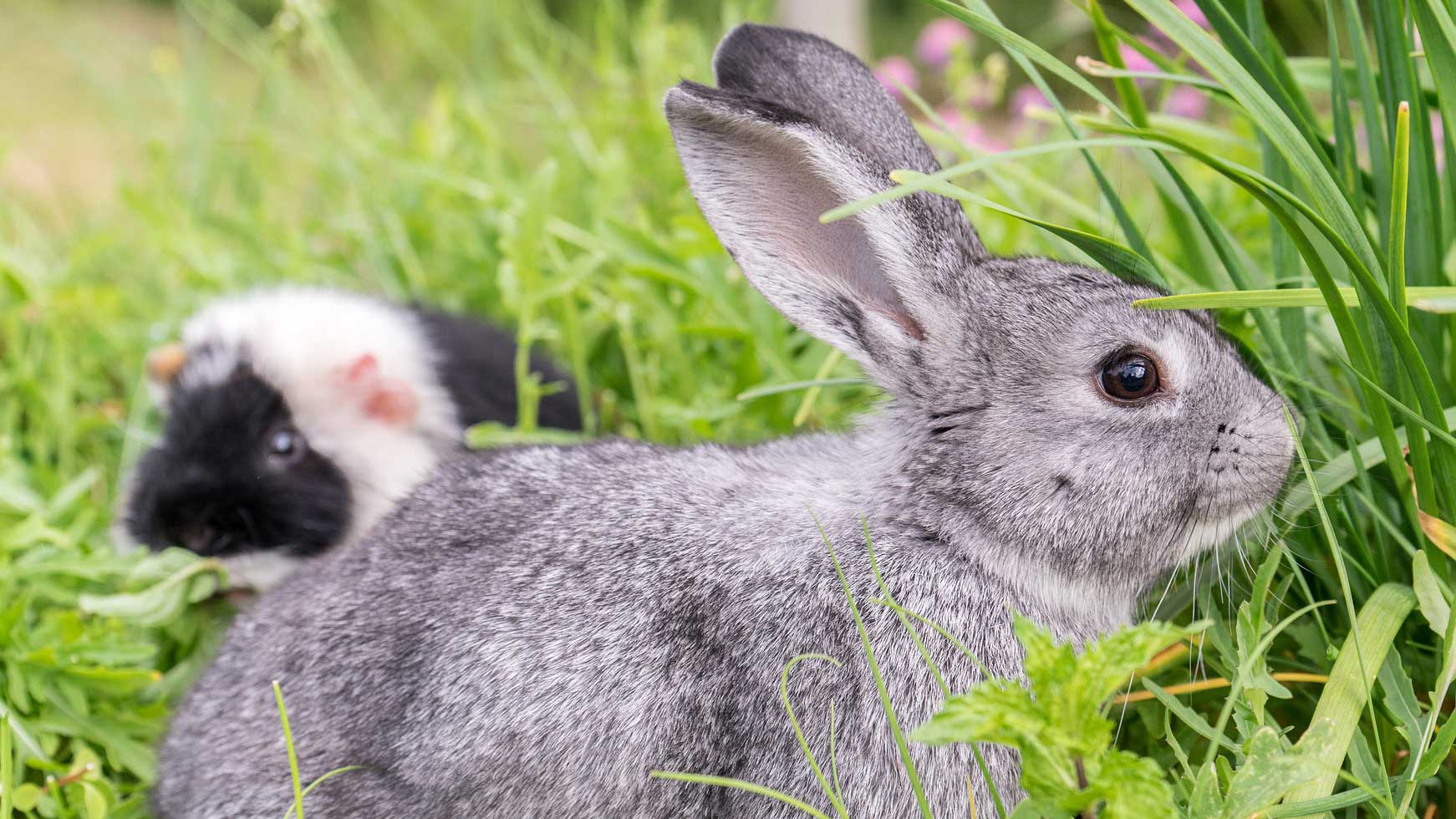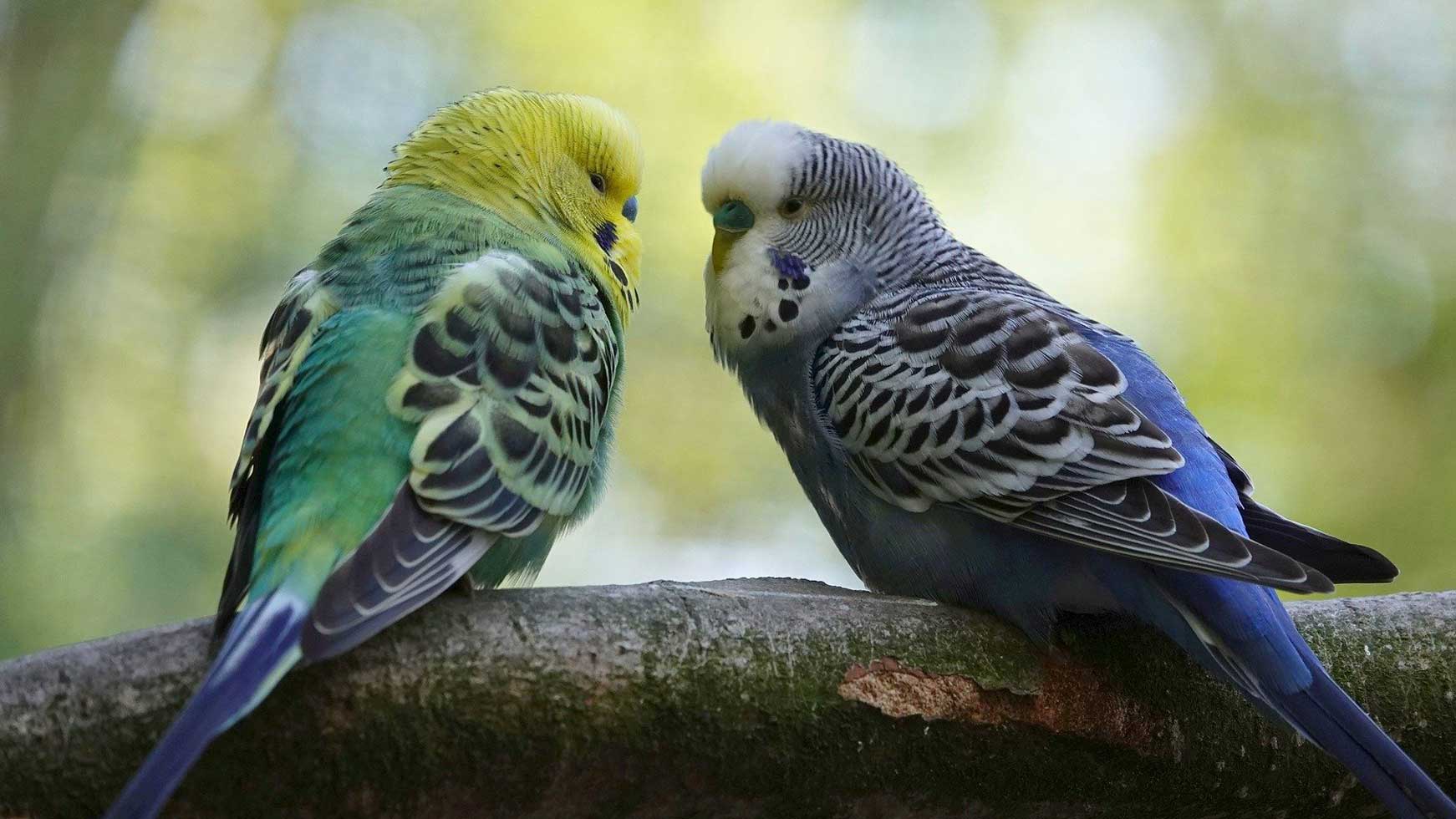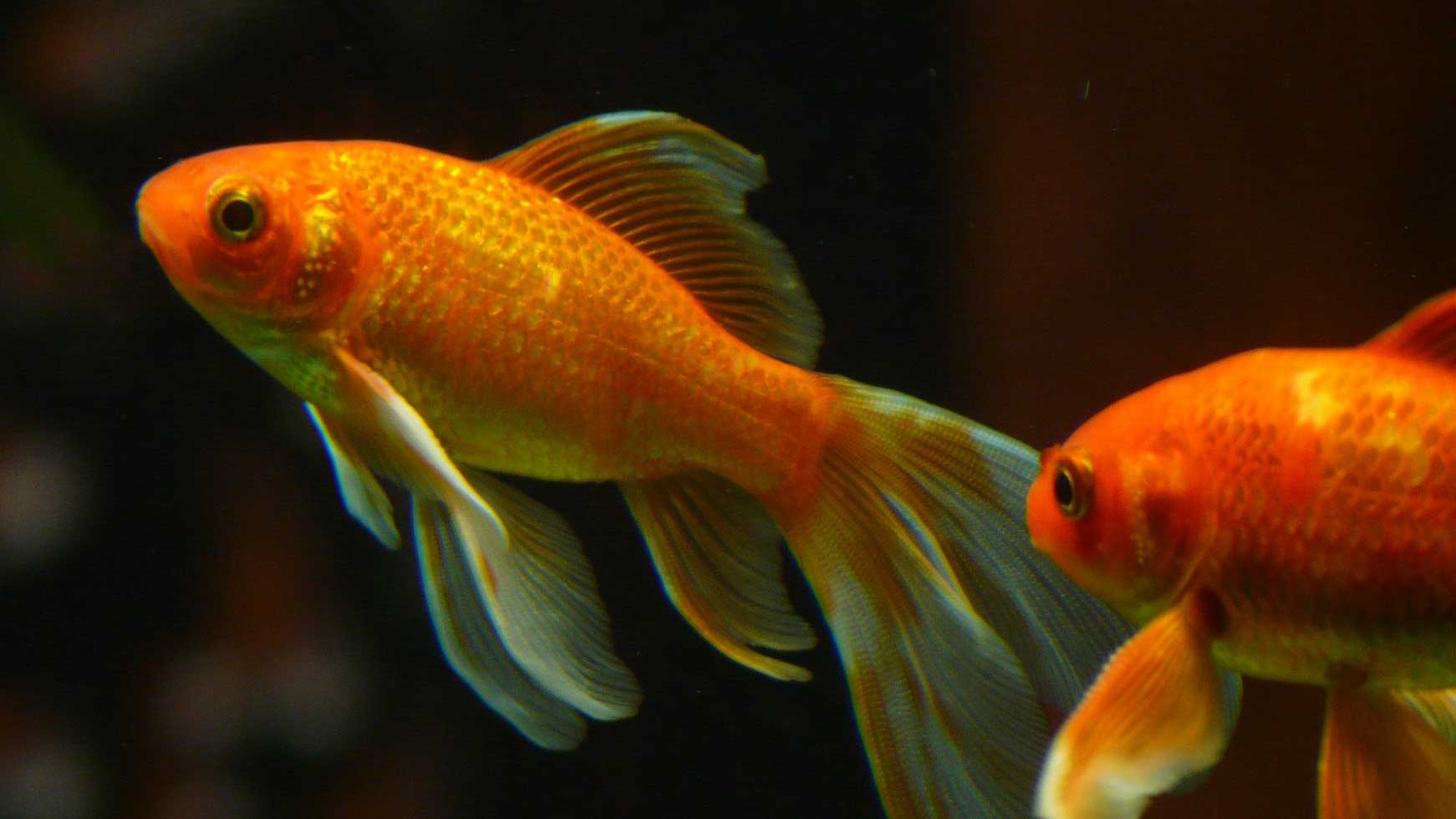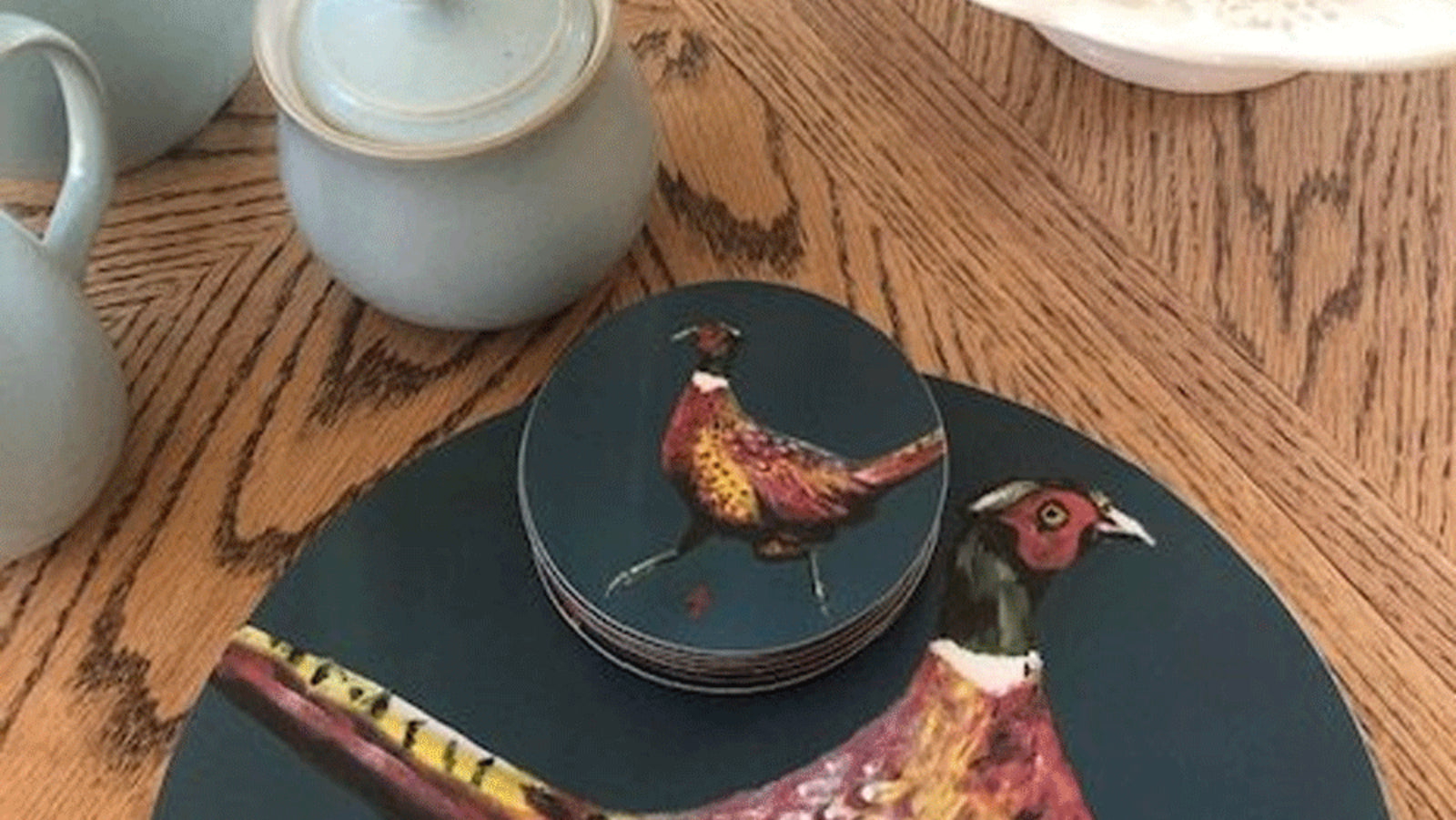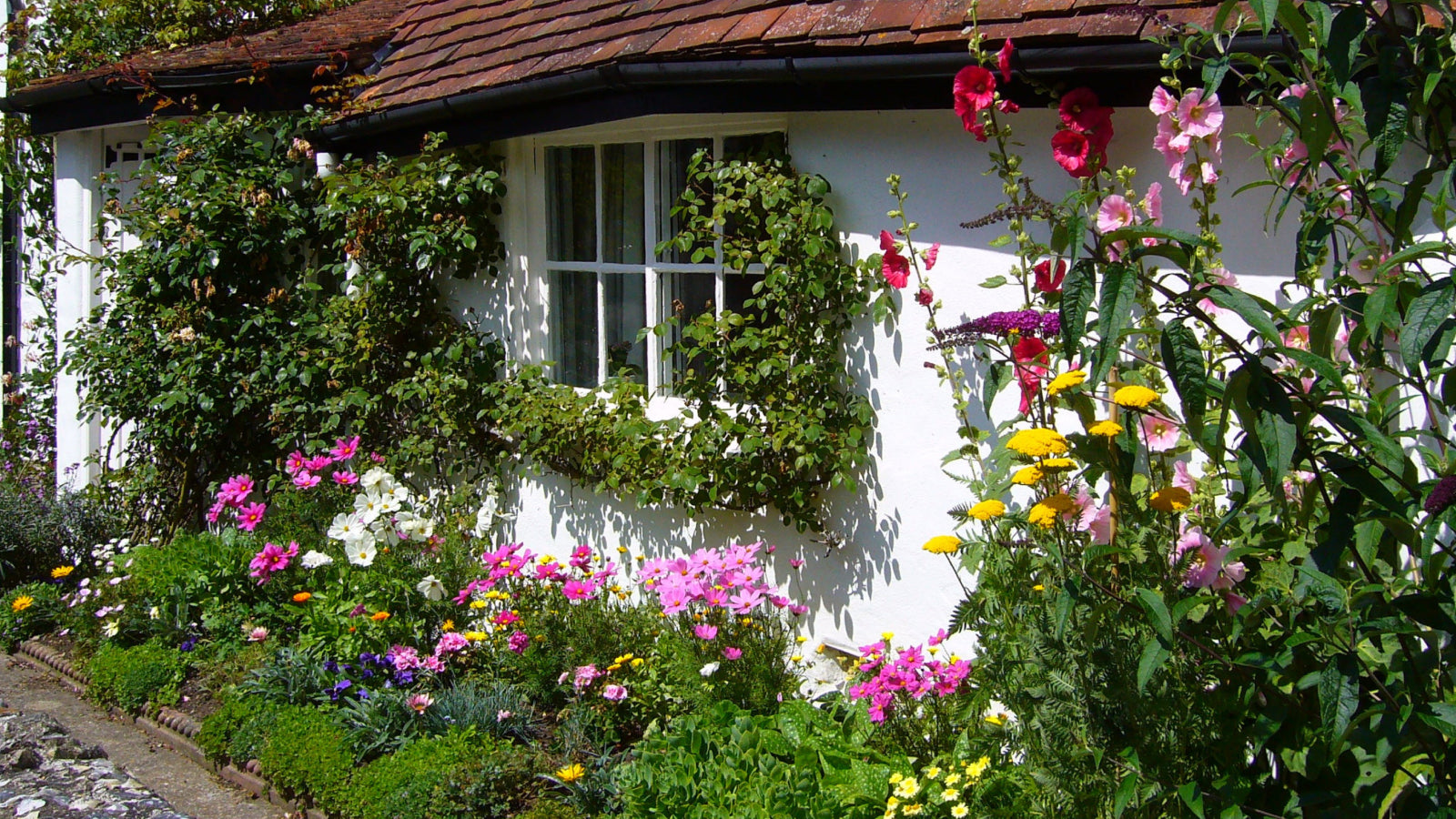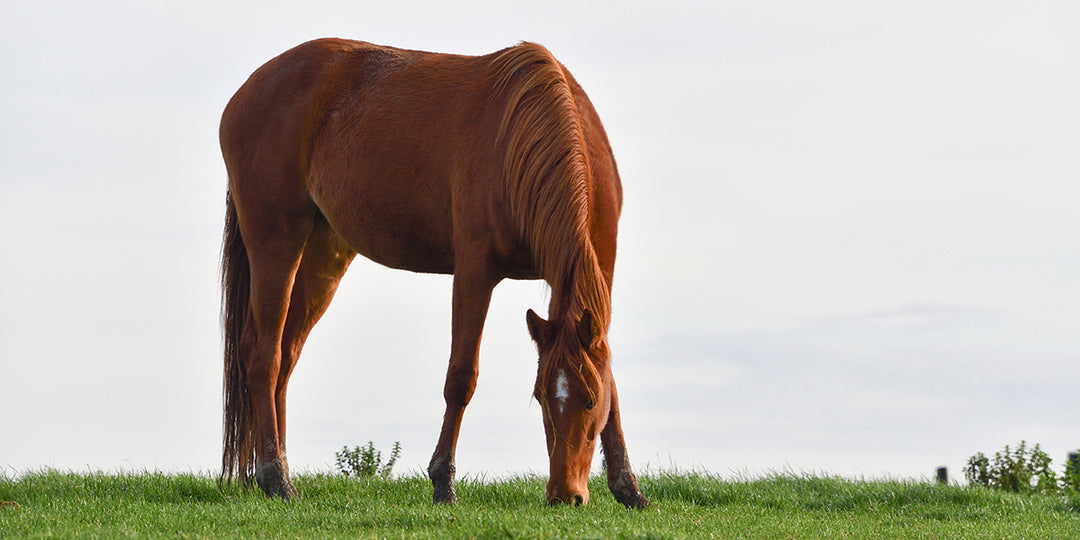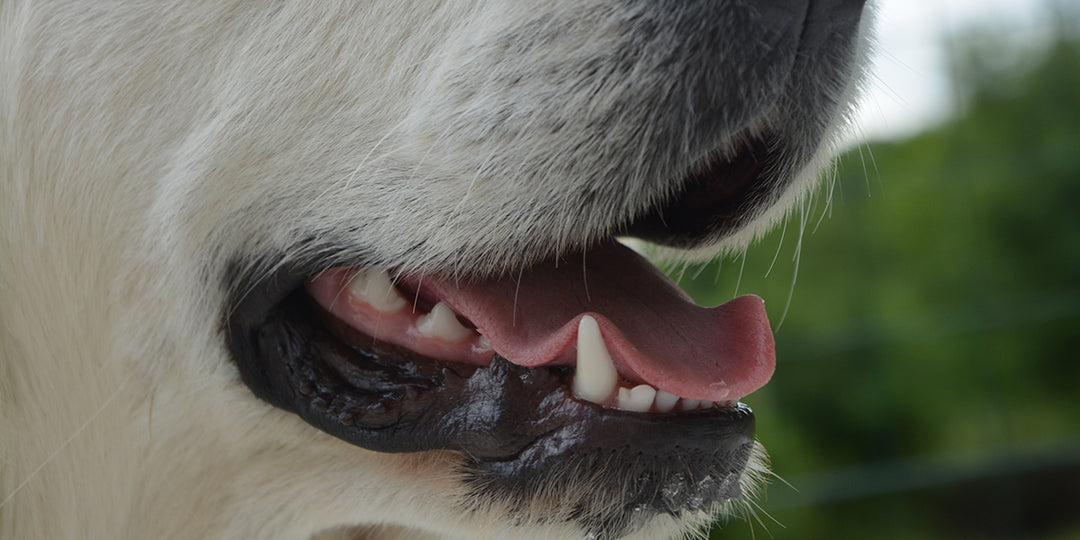5 Top Tips to Help Reduce Pollen Allergies in Horses
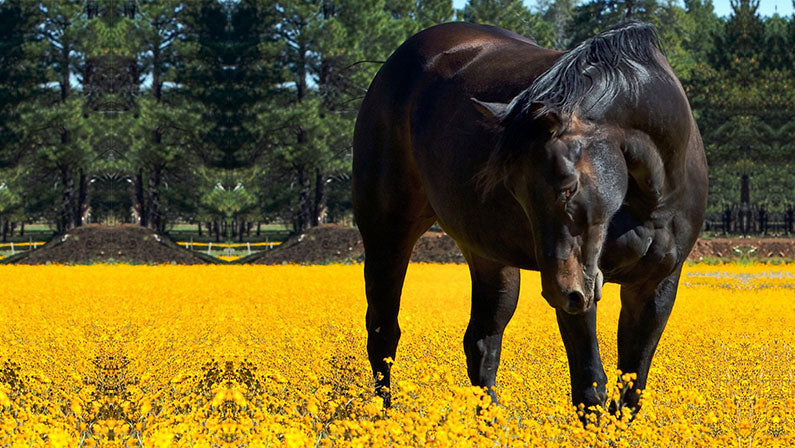
Itchy eyes, runny noses and just generally feeling run down – those of us who suffer from hayfever know the symptoms well. But it’s not just humans who suffer. Pollen allergies are very common in horses too, resulting in symptoms including coughing, head shaking, lethargy and poor performance, with the associated discomfort often leading to a lack of concentration and behavioural issues.
The allergy is triggered by breathing in tiny pollen particles. The horse’s nose normally acts as a highly efficient air filter, with hairs that trap foreign particles before they can enter the lungs. However if there is a high pollen count, the large volume of pollen trapped in these hairs can trigger a reaction in horses with pollen allergies. The horse’s body reacts as if a harmful substance is present, causing blood vessels to dilate and inflammation to occur, which eventually lead to the common, and sometimes extreme, coughing and head shaking associated with pollen allergies in horses.
Whilst it is unclear what causes some horses to react more severely to the billions of tiny pollen particles released from grass, plants and trees over the spring and summer than others, there are steps that can be taken to help minimise the effects.
- Normally horses will be allergic to a particular type of pollen. If you can identify what type of pollen your horse is sensitive to it is easier to avoid the trigger. For example, if you know your horse is allergic to pollen from Oilseed Rape, you can avoid riding out near rape fields and avoid venues known to be surrounded by the crop, especially when at it’s peak (usually June).
- The addition of therapeutic herbs to your horses feed over the spring and summer months can help reduce the clinical symptoms by soothing the inflammation caused by the pollen allergy. Garlic, a well-known respiratory aid, can be a useful addition to the diet as it is thought to help expel mucus and cleanse the lungs. It is also commonly fed as an insect repellent, so can be doubly useful in eliminating summer discomforts for your horse. There are also specialist blends of herbs available, such as Global Herbs PolleneX, which are designed to specifically help the sooth and clear the airways of horses prone to pollen allergies.
- The use of a pollen net or face mask such as the Equilibrium Net Relief Muzzle can help ease coughing, nose itching and head shaking whilst out riding and are usually permitted for use in competition.
- Stabling during the day and turning out at night when the pollen count is lower can sometimes benefit horses with pollen allergies.
- In extreme cases, avoid riding on days when pollen counts are high and whenever possible try to avoid areas where the offending pollen is at its greatest.

